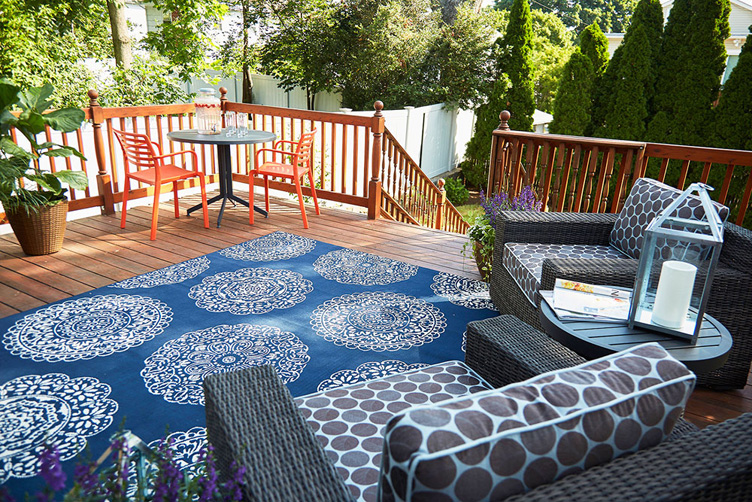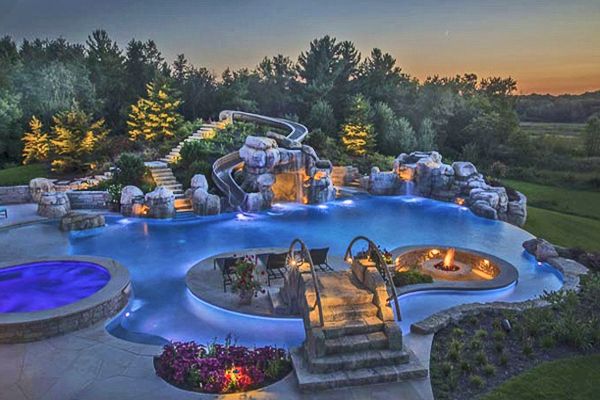1. To get a builder, start with the recommendation of a good close friend, family member, or neighbor. You are a little more inclined to give an honest assessment of the encounter with a builder. Look out for at least three offers from general contractors and pool contractors for your same pool design. You can discover the most effective ones on trading lists. Make sure the contractor is experienced in setting up the type of pool you are looking for. Contractors will be delighted to take you to some installations and show you their work. When comparing estimates, some details are easily overlooked, such as: B. Material composition of this build, filters, pumps, etc. Ask your contractor to offer a potty to choose the temporary potty that will support the tree after this work is unacceptable.
2. Many private pools around the world start at $ 30,000. You should ask about the next bidding; You can see exactly what the SC approval number of the contractor could be in llr.state.sc.us/pol.asp for the current licensing. Can the contractor provide proof of worker certificate and insure you along with his liability insurance for the entire structure. Some builders have a company license; however, if a contractor is not listed as an active contractor on the LLR website, then find another contractor.
3. Payment programs must be disclosed throughout the bidding process. A contractor in need of an incredibly high upfront payment must tell you the reason for the break. Here in South Carolina, the law doesn’t dictate how much a contractor can ask for a down payment; the majority of states have laws to limit this. Due to the nature of building a pool or backyard business, the contractor will have a drawing program in their contract. These prepayments ensure work continues uninterrupted, understand if payments are expected, and pay off when the work is done.
4. Ask the contractor to obtain at least three references. Mention that your experience with the contractor included warranty and customer service work after this construction was completed. Ask the recommendation if they would have done anything else as part of their work. It can give you insight into matters that you may want to include on your contract.
5. Decide whether to issue complaints to the contractor. Every contractor will have claims, but when they are all resolved, it is worth keeping a contractor as a candidate. You will be surprised what you will find.
6. Get everything in writing and make sure it matches what you and the contractor agreed. When you sign up for a contract and pay a deposit, you have a three day right of withdrawal from South Carolina. You may want to use a debit card to pay as it is easier for you to get your money back.
7. Once you have selected a contractor to have an open dialogue with each other. Meet with the people in charge of your actual supervision of the construction; it may not function as a builder either. If there are no issues that may be of concern to you, call the contractor and let them know of your observation. Fixing an issue later in the cycle is always more expensive and can delay the completion of that commitment.
8. In many counties, the contractor is responsible for the mandatory approval and initiation of controls. When the contractor has provided the license, display it in a prominent place so that the contractor can see it easily. Some contractors may ask you to withdraw the barrier license; the others can pull on it. In either case, the final verification cannot be performed before passing the barrier test. A fence that meets all county standards can limit your liability and insurance rates. Your insurance company may request the fencing, although the county you live in may not.
9. The pool structure can take from 14 days to months, depending on the scope of the project. It’s ideal for checking what to expect throughout the action. There is a trend for property owners to change their minds on certain aspects of the job after it has started. If the change is agreed, the contractor should prepare a contract change order that outlines all of the agreed requirements. Be ready to pay for changes once approved and never added to the balance of this contract.
10. Safety for family and friends around the pool ensures everyone can have fun. Always have a few safety rules ready and follow them. Spend money on appropriate safety equipment, water safety training program, and CPR course. Even the Graeme Baker Act of Virginia changed the pool construction business, and today drains installed in your pool and spa can meet the inclusion prevention standard. The pool minus removes another alternative for the homeowner who is responsible for the safety of the people who use the pool, so ask your contractor for their specific design.

 StyleSkier.com Style Skier
StyleSkier.com Style Skier







